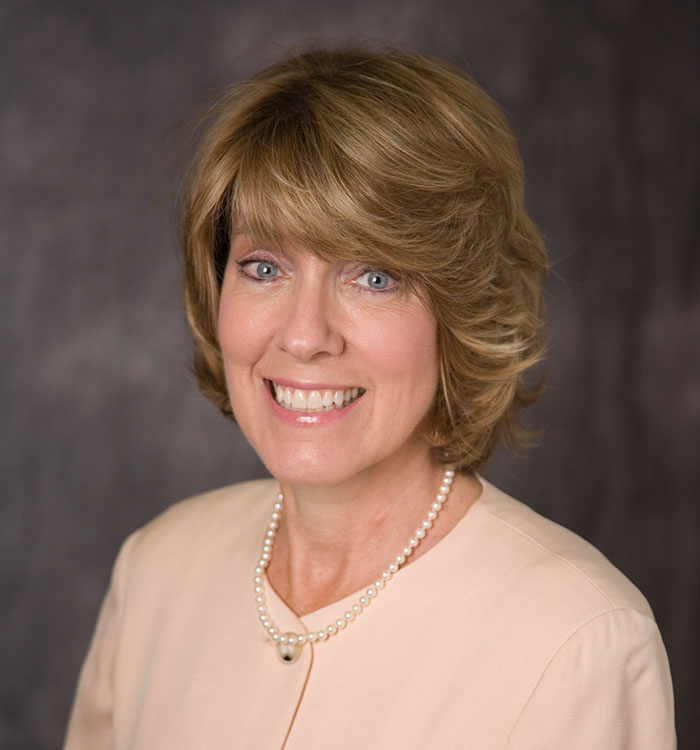FDA Approves Over-the-Counter Hearing Aids
November 17, 2022
Innovations in Ear, Nose & Throat | Fall 2022
As of Oct. 17, Americans can purchase certain hearing aids without a prescription. The Food and Drug Administration (FDA) issued a final ruling in August, giving manufacturers and retailers 120 days to comply. The change is five years in the making, following the 2017 passing of bipartisan Congressional legislation calling for over-the-counter (OTC) sales of hearing aids for individuals experiencing mild to moderate hearing loss. Consumers can now purchase a category of air-conduction hearing aids designed for patients ages 18 and older directly from drug stores, big-box stores and online retailers.
It is estimated that 28.8 million American adults could benefit from hearing aids, yet only a fraction currently use them. The new rule aims to improve access and affordability for millions of Americans, encouraging individuals to take the first step toward better hearing. However, the change does not lessen the need for professional audiology services.
“I think OTC hearing aids are going to serve as a helpful point of entry to the care an audiologist can provide,” says Gail Murray, PhD, CCC-A, University Hospitals System Director for Audiology Services, Clinical Director of the Cochlear Implant Program, and Associate Professor at Case Western Reserve University School of Medicine. “At University Hospitals, our audiologists perform comprehensive hearing tests, provide counseling about appropriate technology and power selection, and generate performance data.” Testing can determine if a patient’s device is meeting their hearing needs in various sound environments. For patients interested in OTC hearing aids, Dr. Murray adds that audiologists are able to help navigate choices in the market and provide follow-up care.
 Gail Murray, PhD, CCC-A.
Gail Murray, PhD, CCC-A.Comprehensive Hearing Care
The specialists within UH Audiology Services gather auditory health histories and check for red flags that could be contributing to hearing loss. For example, a significant difference in hearing between the left and right ear can be a warning sign of a tumor and needs further imaging and diagnosis.
Other contributors to hearing loss include tinnitus, drainage or wax blockages, so Dr. Murray recommends individuals who notice hearing decline schedule an appointment to see a provider. Additional services include hearing aid trial programs, device setup, education on use and scheduled follow-up care. While it is not yet clear how programming or returns will work with OTC hearing aids, prescription medical devices are FDA-required to come with a 30-day return policy.
Audiologists have access to a much wider range of programmable hearing aids that are equipped with advanced features. Current hearing aid users also benefit from yearly evaluations. “Any hearing aid older than five years is considered obsolete,” says Dr. Murray. “There is new technology that will provide higher quality sound amplification.”
Newer generations of devices can include:
- Bluetooth connectivity
- Streaming from cell phones to hearing aids
- Small microphones that can be worn by a family member or co-worker that transmit to the user’s hearing aids
- Charging docks or rechargeable batteries
- Data tracking, including average daily usage or percentage of quiet vs. noisy environments
Cochlear Implants
“We find that many people are dissatisfied with their hearing aids simply because they are under-amplified,” says Dr. Murray. “Patients may come to us from an outside practice with hearing aids that were well-suited when they were originally fit, but they are no longer appropriate for their level of hearing decline.”
Often, the team can upgrade patients to hearing aids that match their power needs. When that is not possible, they counsel appropriate patients on cochlear implantation. Unlike hearing aids, which work by amplifying sound, cochlear implants deliver rich electronic impulses to the auditory nerve.
University Hospitals’ Centers of Excellence (COE)-designated Audiology & Cochlear Implant Center is one of the largest and most respected programs in the nation. “Cochlear implants are a more effective solution for moderate to profound hearing loss,” says Dr. Murray. “We offer a multidisciplinary approach that streamlines the screening and the implantation processes to provide each patient with the best possible experience and outcomes.” The majority of patients who receive cochlear implants are able to hear speech more clearly, retain language and cognitive skills, and enjoy improved quality of life.
For more information, contact Dr. Murray at Gail.Murray@UHhospitals.org.
Contributing Expert:
Gail Murray, PhD, CCC-A
University Hospitals System Director, Audiology Services
Clinical Director, University Hospitals Cochlear Implant Program
Associate Professor
Case Western Reserve University School of Medicine


